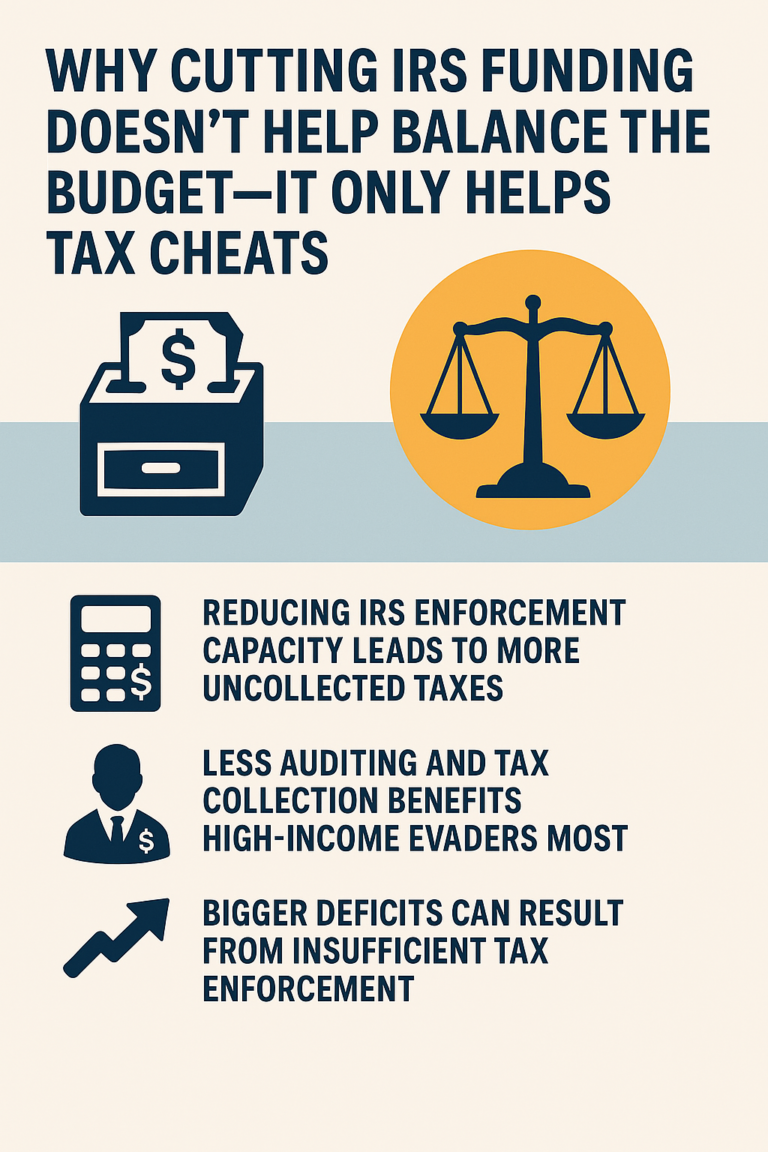Planning an estate involves many considerations, especially when it comes to the complexities of retirement accounts and international tax laws.
When a non-U.S. citizen inherits an Individual Retirement Account (IRA), the situation can become even more complicated. I focus on helping individuals understand how these accounts work across borders and what tax implications may arise.
With expertise in cross-border financial planning, I aim to provide clear explanations and actionable tips to ensure that beneficiary designations align with each unique situation. By paying attention to these details, it’s possible to manage assets efficiently and secure a smoother transition for those who inherit an IRA.
Understanding IRAs and Beneficiary Designations
An Individual Retirement Account (IRA) is a crucial tool for retirement planning. Traditional IRAs provide tax-deferred growth, while Roth IRAs offer the benefit of tax-free growth upon qualified withdrawals. When I designate a beneficiary, it determines who will receive my assets if I pass away. It’s important because these designations usually take precedence over what’s in my will.
Beneficiaries can be individuals or trusts. The rules for distribution are influenced by the beneficiary’s citizenship and residency. For instance, naming a non-U.S. citizen as a beneficiary involves additional considerations. Including images like this one can help explain complex topics:

Eligibility of Non-U.S. Citizens as IRA Beneficiaries
Naming a non-U.S. citizen as an IRA beneficiary is possible, but there are important aspects to consider. The residency status of the individual greatly affects tax responsibilities. Non-resident aliens are taxed differently compared to resident aliens.
Another important factor is the flexibility in designation. You can name non-U.S. citizens as primary or contingent beneficiaries. Thorough research is necessary to navigate the complexities involved in making these decisions to ensure proper compliance with regulations, especially when dealing with non-resident beneficiaries.
Tax Implications and Withholding Requirements
When handling distributions from an IRA, specific tax rules apply. For non-resident aliens, there is generally a 30% withholding tax unless a tax treaty specifies a lower rate. This is something I keep an eye on, as it can significantly alter the financial outcome for beneficiaries outside the U.S.
I know the necessity of filing a U.S. tax return, specifically Form 1040NR, to reconcile this withholding tax. This form is crucial for adjusting any overpayment or confirming additional tax liabilities.
The type of distribution chosen—whether a lump sum or periodic payments—greatly influences the tax implications. Recent legislative updates, like those from the SECURE Act, have limited the stretch provisions, pushing for distributions within a specific timeframe.
For individuals like a Canadian inheriting a Traditional IRA, consulting a cross-border tax advisor is something I’d advise to clarify treaty provisions that might lower the withholding rate. Understanding these elements helps navigate the complexities of U.S. tax laws for inherited IRAs effectively.
Key Considerations and Actionable Steps
To ensure my IRA beneficiary designations align with my estate planning goals and minimize tax complications, I take these steps:
- Review My Beneficiary Designation Forms: I check that my forms clearly name non-U.S. citizens if applicable and make updates if necessary.
- Determine the Beneficiary’s Residency Status: It’s crucial for me to identify whether my intended beneficiary is a non-resident alien or a resident alien, as this affects tax responsibilities.
- Consult Cross-Border Tax Experts: I engage with professionals versed in U.S. and international tax law to understand withholding rates and filing obligations.
- Plan Distribution Strategies: I evaluate whether lump-sum or periodic distributions fit the beneficiary’s financial needs.
- Document and Coordinate: I maintain detailed records of beneficiary designations and communication with financial institutions.
Planning for a Cross Border Legacy
I recently worked on estate planning involving cross-border considerations. To illustrate, I had a case where a Canadian investor wanted to leave his Traditional IRA to his sister, a non-U.S. citizen living in Canada.
Through the Canada-U.S. tax treaty, we reduced the withholding tax on distributions from 30% to 15%. This required careful planning and consulting with a cross border tax advisor.
The investor also ensured his beneficiary was prepared to file necessary U.S. tax forms. This strategy helped in maximizing the legacy by minimizing tax leakage, making the most of the financial planning tools available.
Expert Opinions and Best Practices
Experts stress the importance of early planning and professional guidance when considering non-U.S. citizens as IRA beneficiaries. I integrate cross-border expertise, which involves combining traditional financial planning with specialized cross-border tax advice. This approach aids in preventing costly mistakes.
Staying informed on tax law changes is crucial. Tax regulations and treaty provisions can change, making periodic reviews essential. I also utilize digital tools and resources. While online calculators and IRS resources offer preliminary insights, seeking professional advice ensures tailored strategies.
For more information, I recommend visiting trusted sites like Investopedia and the IRS website. I also suggest exploring related topics, such as Estate Planning for Green Card Holders and Can My Non-Citizen Wife Receive Social Security Benefits?.
Conclusion
As I navigate the complex world of IRA beneficiary designations for non-U.S. citizens, I understand the importance of making informed decisions. Non-citizen beneficiaries must consider tax rules and residency factors. Collaborating with experts from 49th Parallel Wealth Management ensures that my estate planning aligns with both U.S. and international tax laws.
This partnership empowers me to create a strategy that optimizes the value of my retirement assets while minimizing tax burdens on my loved ones. My approach involves leveraging a personalized plan that addresses cross-border challenges effectively.
Taking action now is crucial for securing a tax-efficient transition of IRA assets. By focusing on these elements and seeking professional guidance, I am confident in my ability to protect and grow my legacy.
Frequently Asked Questions
Are non-U.S. citizens eligible to be beneficiaries of a Roth IRA?
Yes, non-U.S. citizens can be beneficiaries of a Roth IRA. There are no specific citizenship requirements for naming a beneficiary. This means you can designate anyone, including a non-U.S. citizen, as a beneficiary on your Roth IRA.
What are the rules regarding IRA distributions to a foreign beneficiary?
When an IRA is distributed to a non-U.S. citizen beneficiary, there might be tax implications. A 30% tax may be applied to distributions. It’s important for the foreign beneficiary to check the tax treaties between the United States and their country to see if it affects this rate.
What is the maximum inheritance a non-U.S. citizen can receive from an IRA?
There isn’t a strict maximum on what a non-U.S. citizen can inherit from an IRA, but tax laws may affect how much they ultimately receive. These laws can vary based on the country and the specifics of the U.S. tax code applicable at the time.
How does inheritance of an estate work for non-U.S. citizen beneficiaries?
When a non-U.S. citizen inherits an estate, the process can be influenced by tax treaties and local laws. The estate may include assets like an IRA, and it’s crucial to understand the tax treatment in both the United States and the beneficiary’s home country.
Is it possible for non-U.S. citizens living abroad to be designated as beneficiaries of an IRA?
Yes, it is possible for non-U.S. citizens living abroad to be named as beneficiaries of an IRA. As with U.S. citizens, the account holder simply needs to specify their desired beneficiary on the account, regardless of the beneficiary’s residence status.
What are the implications of having a non-U.S. citizen serve as an executor to an estate?
Having a non-U.S. citizen as an executor can complicate estate proceedings. There might be additional legal hurdles, and some states may have specific requirements or restrictions for non-resident executors. Consulting with a legal professional experienced in international estate matters is advisable.




